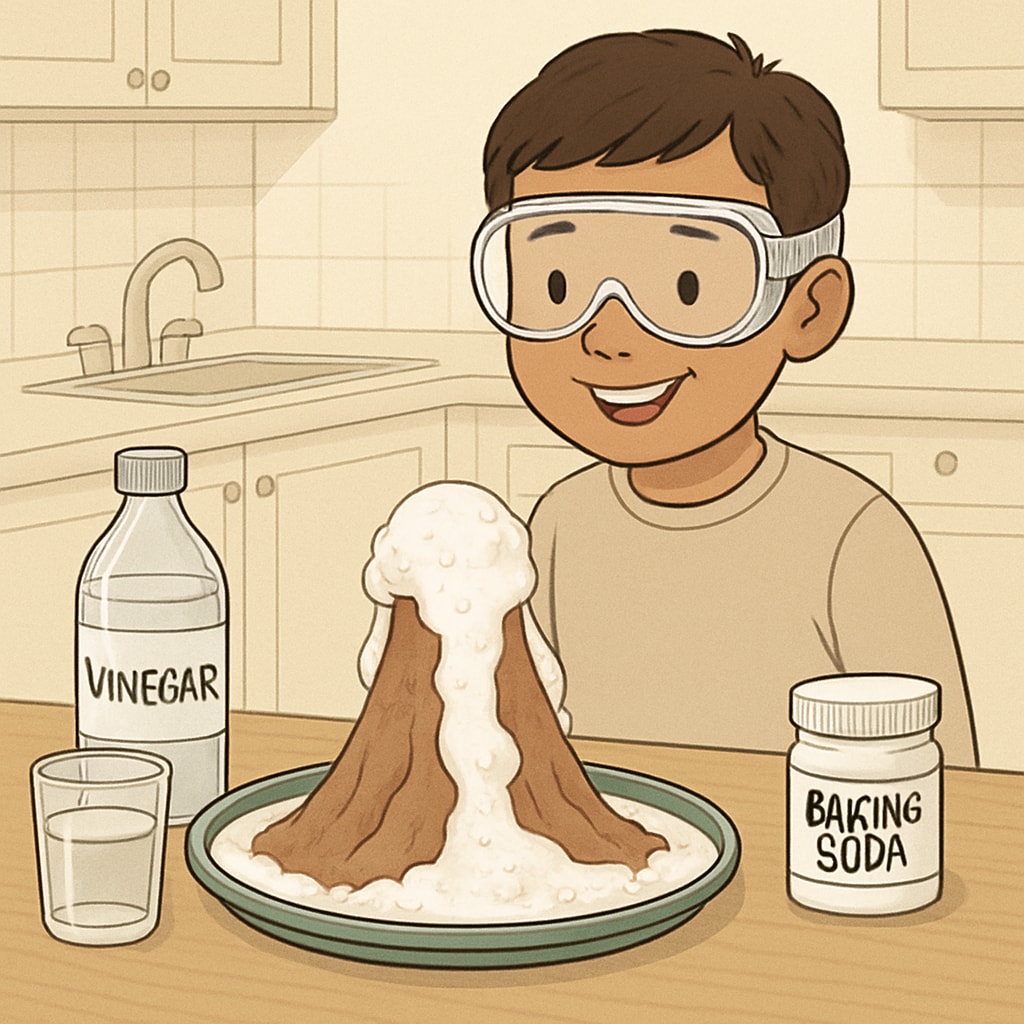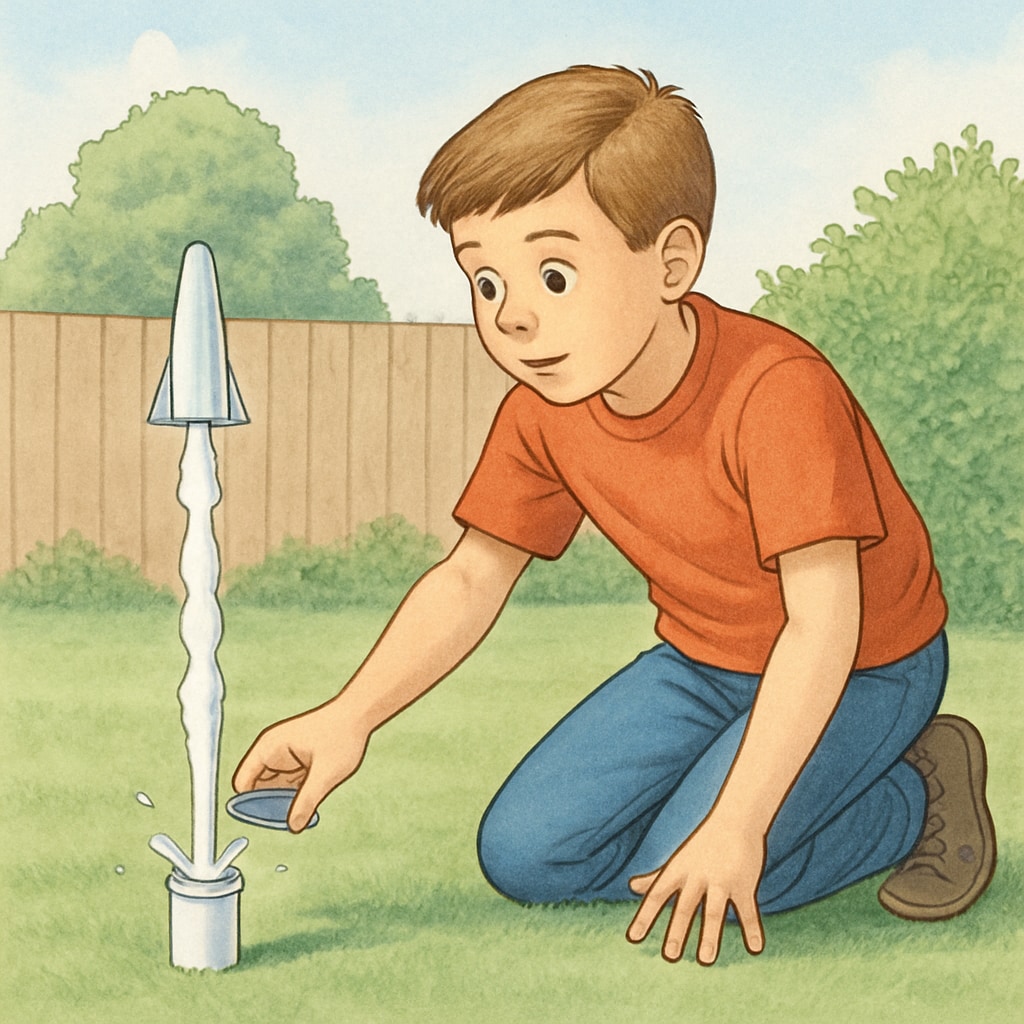Family science experiments, including the popular baking soda rocket, offer perfect opportunities to combine fun and learning at home. These hands-on activities help children explore scientific principles while creating lasting memories. According to science education research, early exposure to practical experiments significantly improves children’s understanding of STEM concepts.
Kitchen Chemistry: Safe Experiments for Young Scientists
The kitchen provides an ideal laboratory for beginner scientists. Here are three simple yet fascinating experiments:
- Baking Soda Volcano: Mix vinegar and baking soda to demonstrate acid-base reactions
- Dancing Raisins: Show gas formation by dropping raisins in carbonated water
- Magic Milk: Create colorful patterns with food coloring and dish soap

Physics Fun: Motion and Energy Projects
These activities teach fundamental physics concepts through play:
- Baking Soda Rocket: Launch a film canister using the chemical reaction between vinegar and baking soda
- Balloon-Powered Car: Explore Newton’s Third Law with a simple cardboard vehicle
- Paper Airplane Aerodynamics: Test different designs to understand flight principles
The science of physics becomes accessible when children can see these principles in action. For example, the baking soda rocket clearly demonstrates how chemical energy converts to kinetic energy.

Creative Biology Experiments
Explore life sciences with these engaging projects:
- Egg in a Bottle: Demonstrate air pressure by getting an egg into a bottle without touching it
- Seed Germination Station: Observe plant growth in different conditions
- DIY Stethoscope: Listen to heartbeats with simple materials
These family science experiments not only entertain but also build critical thinking skills. As a result, children learn to ask questions, make predictions, and analyze outcomes – all essential components of the scientific method.
Readability guidance: Each experiment includes clear instructions using common household items. The activities progress from simple to more complex concepts, allowing children to build confidence as they learn.


